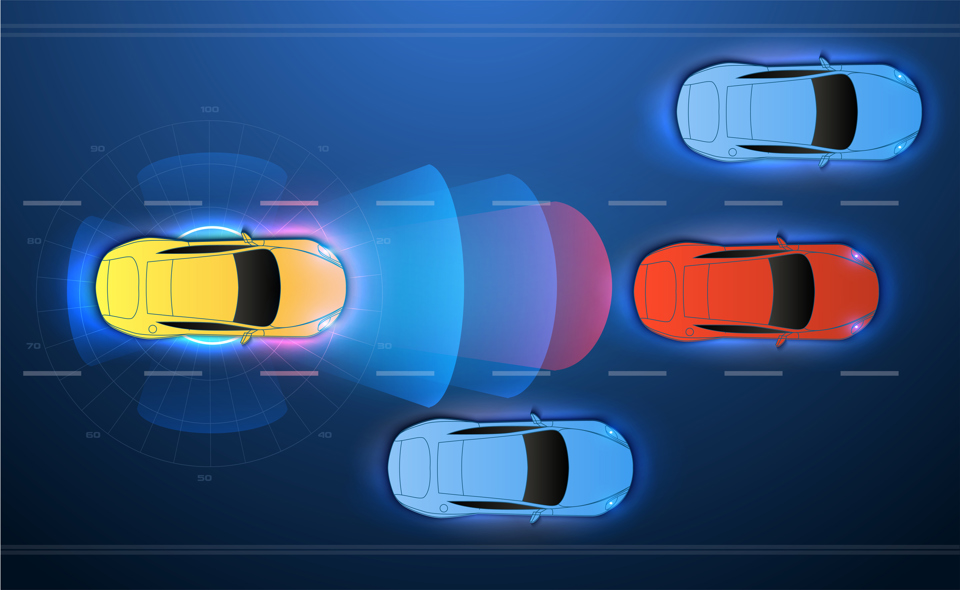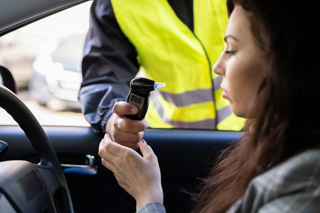ATS Euromaster is urging fleets and their drivers to be aware of the road safety dangers from not having advanced driver assistance systems (ADAS) maintained and calibrated correctly.
Cars increasingly feature a variety of safety systems to provide assistance and additional reassurance to the driver.
ADAS items include adaptive cruise control, which uses sensors to maintain a safe distance to the vehicle in front, or lane keeping assist, which provides a correcting force to the steering wheel if the driver drifts out of lane.
But, while ADAS offers several road safety benefits, ATS Euromaster says that it is also important for drivers to understand that such complex systems require correct calibration to maintain maximum effectiveness if for any reason the vehicle has been involved in an incident that requires rectification of the vehicle.
Highlighting a recent report from the Institute of the Motor Industry (IMI), which found that just under 50% of drivers failed to understand the need for accurate ADAS calibration, Mark Holland, operations director of ATS Euromaster, believes that this is an issue that will increasingly affect fleets.
“With the growing volume of fleet business taking up to 60% of the market, particularly in advanced battery electric vehicles, drivers really need to understand how ADAS can help their vehicle, but also how it can adversely affect safety if ADAS systems are not maintained and calibrated correctly.”
To function, ADAS systems use a system of sensors. Should these sensors be unintentionally repositioned following a collision, or should there be repair to suspension or wheels, for example, then ADAS recalibration will be required.
According to American safety organisations, the Highway Loss Data Institute and Insurance Institute for Highway Safety, a study looked at the overall effects of ADAS technologies by comparing police-reported crash rates and insurance claims for vehicles with and without various ADAS technologies.
The study found that ADAS decreased crashes and reduced insurance claim rates by as much as 56% in the case of autonomous emergency braking (AEB).
However, according to the IMI’s research, drivers were unaware how important it was to have ADAS correctly calibrated to maintain these levels of safety.
The research found that fewer than half (47%) regarded ADAS calibration as an essential job, 39% of drivers incorrectly believed that ADAS calibration was part of the MOT test and 36% said that if their vehicle displayed an alert advising ADAS calibration, they would postpone the event until the next workshop visit
“It’s concerning that drivers have such limited understanding of how important it is to maintain ADAS systems fully calibrated,” continued Holland.
“In particular the percentage of drivers prepared to ignore ADAS alerts is particularly worrying. This could have serious implications for fleet managers and their companies if the vehicle was to be involved in a crash as a result and could possibly void the insurance cover.
“So, I would urge all fleet managers to ensure drivers are aware of the safety systems on their vehicles and when recalibration might be required. ADAS systems provide critical safety assistance - but their usefulness depends on being properly calibrated all the time.”























Login to comment
Comments
No comments have been made yet.